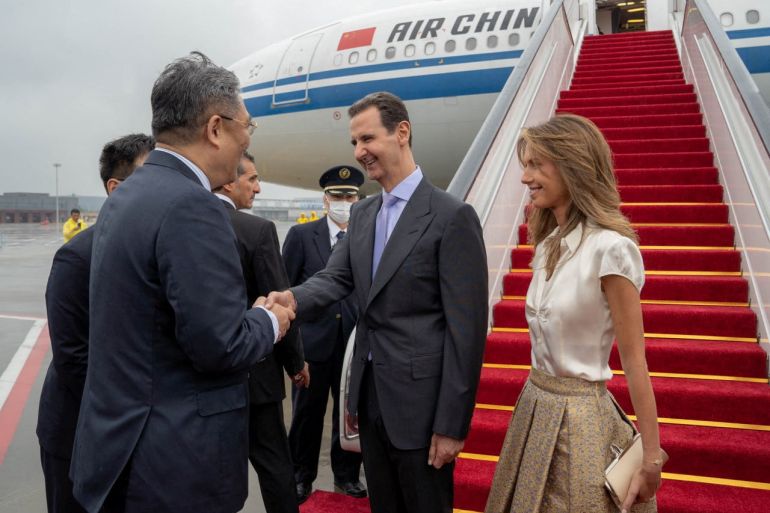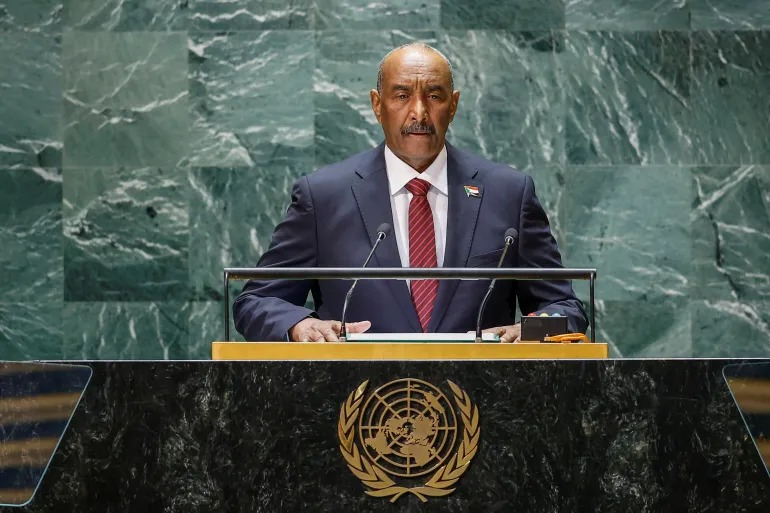In an extraordinary display of international diplomacy, Chinese President Xi Jinping and Syrian President Bashar al-Assad have announced a strategic partnership, with China pledging its support for the reconstruction of war-torn Syria. President al-Assad’s visit to China marks a significant milestone in Syria’s efforts to end more than a decade of diplomatic isolation under Western sanctions. The two leaders made this historic announcement during their diplomatic meetings in the southern Chinese city of Hangzhou on Friday.
A Strategic Partnership Formed in Hangzhou
The meeting between President Xi Jinping and President al-Assad in Hangzhou was a momentous occasion that showcased China’s commitment to international cooperation and global stability. President Xi emphasized China’s willingness to work with Syria to promote friendly cooperation and uphold international fairness and justice in these turbulent times. He expressed China’s unwavering support for Syria’s stance against foreign interference and unilateral bullying, promising assistance in the country’s reconstruction efforts.
Furthermore, President Xi unveiled a series of initiatives aimed at revitalizing the ancient Silk Road and advancing China’s approach to global security. “China is willing to strengthen cooperation with Syria through the Belt and Road Initiative,” he declared, “to make positive contributions to regional and world peace and development.”
President al-Assad’s Bid to End Isolation
For President Bashar al-Assad, this visit holds profound significance. Syria has faced Western sanctions since the outbreak of civil war in 2011, a conflict that has resulted in the loss of hundreds of thousands of lives and the displacement of millions. However, President al-Assad’s government has managed to regain control over most of Syria’s territory and has successfully re-established diplomatic ties with Arab neighbors that once supported Syrian rebels.
In light of this progress, President al-Assad’s rare visit to China serves as a critical step in ending Syria’s diplomatic isolation and strengthening its commercial ties with the world’s second-largest economy. He expressed his gratitude to China for standing by Syria “during the crisis and suffering,” highlighting the significance of China’s support in Syria’s journey toward reconstruction and international reintegration.
China’s Expanding Diplomatic Influence in the Middle East
China’s engagement in the Middle East has been on the rise as it seeks to extend its global influence and offer an alternative to the US-led international order. Earlier this year, Beijing played a pivotal role in brokering a historic deal between Saudi Arabia and Iran, bringing an end to a seven-year-long diplomatic rift. This achievement underscores China’s growing role as a peacemaker and mediator in the region, aligning with its vision of a more stable and harmonious Middle East.
In conclusion, China’s commitment to supporting Syria’s reconstruction, as exemplified by the strategic partnership formed in Hangzhou, signifies a significant step forward in Syria’s quest to emerge from years of isolation and conflict. President al-Assad’s visit to China not only strengthens bilateral ties but also signals a broader shift in the geopolitical landscape of the Middle East, with China playing an increasingly influential role in promoting stability and cooperation in the region.
















